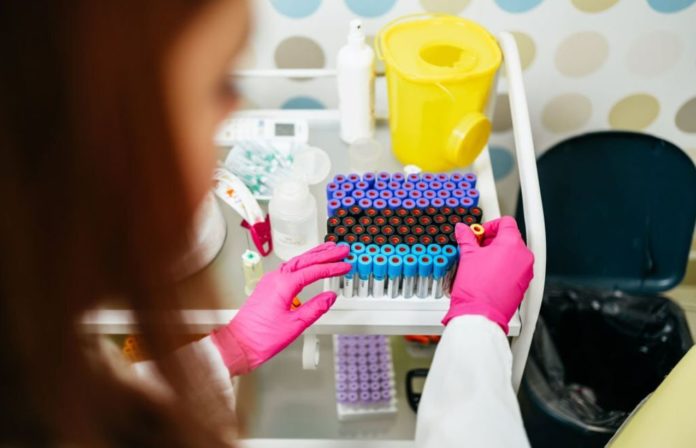Find out which diseases you are less likely to get based on your blood type.
Various nosological phenomena have been linked to a person’s blood type. During the COVID-19 outbreak, several studies were published indicating that people with blood type A were considerably more likely to contract the SARS-CoV-2 virus than people with blood type O.
Here are the findings of a preliminary study on the correlation between blood type and the occurrence of diseases in humans.
Heart disease: The risk of coronary heart disease tends to be lower for people with blood group O. Some experts argue that this may be due to the fact that people with different blood groups are more likely to have elevated cholesterol values and a protein associated with the formation of clots.
Stomach and pancreas cancer: People with blood types A, AB and B have a higher risk of developing stomach cancer and pancreatic cancer than people with blood type O. The greatest risk is presented by people with blood group A, which may be due to the fact that Helicobacter pylori infection is more common among people with blood type A. This bacterium is found in the stomach and intestines and can cause inflammation and ulcers.
Malaria: Malaria is transmitted by the bite of the infected mosquito that transmits the parasite to humans. Subsequently, the parasite infects the red blood cells of man. People with blood group O are less likely to contract the parasite and develop malaria.
Peptic ulcers: Peptic ulcers are painful open sores that are more commonly found in the stomach and duodenum and are more common in people with blood type O.
Thrombosis: Deep vein thrombosis (DVT) occurs when the blood creates a clot in a vein located internally in the lower extremities. In this case, there is a risk of moving the clot and ending up in the lungs (pulmonary embolism). There is data showing that people with blood groups A, B or AB have a higher risk of DVT.
Diabetes mellitus: The diagnosis of type 2 diabetes mellitus appears to be more common in people with blood types A and B. However, further research is needed to clarify the pathophysiological background.
Stroke: People with AB blood type have a higher risk of developing a stroke, which may be due to a higher risk of developing a blood clot, also known as Deep vein thrombosis (DVT).
Memory: A small study showed that people with memory problems were more likely to have AB blood type, without a clear explanation as to why this happens.
Anxiety: Stress leads to an increase in cortisol levels in the blood, which is why cortisone is characterized as the stress hormone. People with blood type A tend to produce more cortisol.
Life expectancy: People with blood group O probably have a longer life expectancy, which may be due to the lower risk of cardiovascular disease throughout life.
Source: University of Athens
Image Credit: Getty
You were reading: Your blood group determines what diseases are least likely to affect you: are you at risk?
